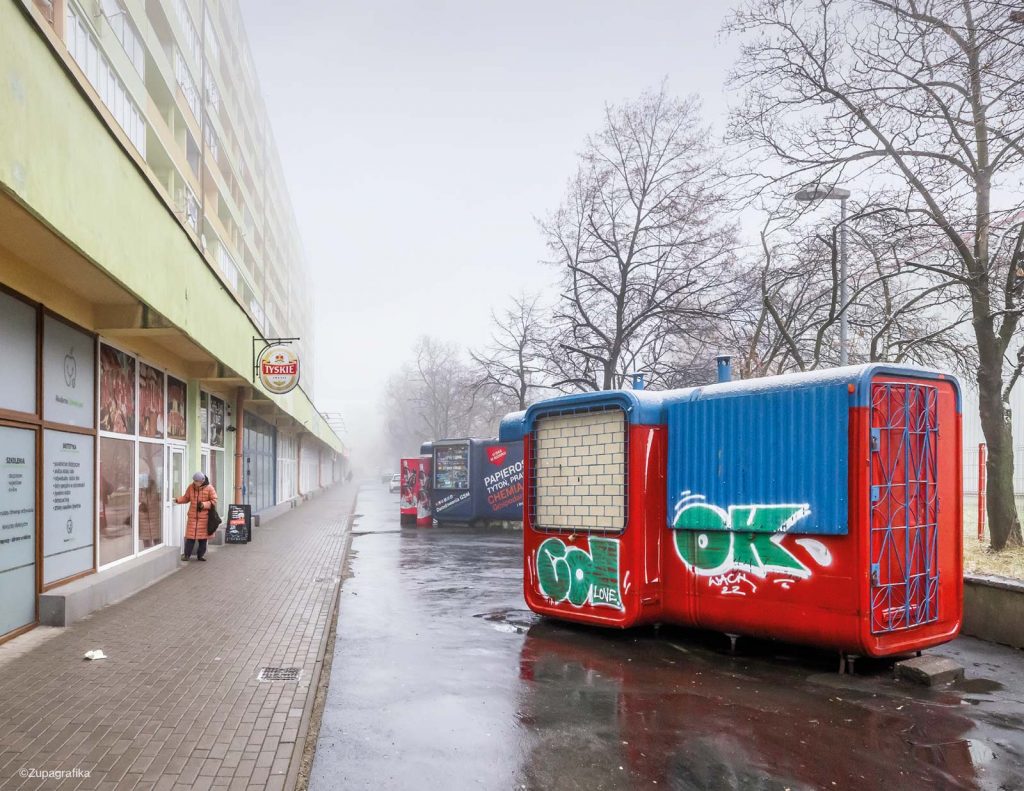Yesterday, @xanindigo.bsky.social and @nameshiv.bsky.social taught me that not only did 7-Up used to contain lithium (specifically lithium citrate, a mood-stabilizing drug) but there was also a fake medicine called RadiThor that contained radium.
The Conversation wrote about RadiThor in 2016 and its most notable drinker, Eben Byers:
In the end, Byers’ RadiThor addiction killed him. Unfortunately, ingested radium gets incorporated into bone and all of its radiation energy is, therefore, deposited in bone tissue. Over time, the radium delivered a whopping radiation dose to Byers’ skeleton. He developed holes in his skull, lost most of his jaw and suffered a variety of other bone-related illnesses. Ultimately, he died a gruesome death on March 31, 1932.
When Byers died, he was put to rest in a lead-lined coffin, to block the radiation being released from the bones in his body. Thirty-three years later, in 1965, an MIT scientist, Robley Evans, exhumed Byers’ skeleton to measure the amount of radium in his bones. Radium has a half-life of 1,600 years, so Byers’ bones would have had virtually the same amount of radium in them as they did on the day he died.
[…]
Ultimately, in the interest of protecting public health, the federal government closed down the Bailey Radium Laboratories – the company that made RadiThor – and radium-containing energy drinks disappeared from the consumer market by 1932.
Nowadays, caffeine is the drug of choice for energy drinks. It won’t erode your jaw away but it can certainly give your heart a workout so take care!
Related: JSTOR Daily asks ‘who took the cocaine out of Coca-Cola?’


